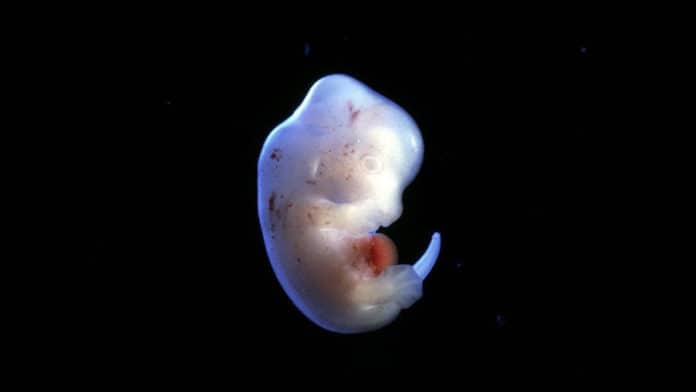Japan government is supporting a stem cell scientist Hiromitsu Nakauchi, who leads teams at the University of Tokyo and Stanford University in California, for creating Animal embryos that contain human cells and transplant them into surrogate creatures since a restriction on the practice was overturned earlier this year.
The scientist is planning to grow human cells in mouse and rat embryos and then transplant those embryos into surrogate animals. He wants to produce animals with organs made of human cells that can, eventually, be transplanted into individuals.
He said, “I’m planning to proceed slowly, and will not attempt to bring any hybrid embryos to term for some time. Initially, I was planning to grow hybrid mouse embryos until 14.5 days, when the animal’s organs are mostly formed, and it is almost to term. I will do the same experiments in rats, growing the hybrids to a near term, about 15.5 days.”
“Later, I’m planning to apply for government approval to grow hybrid embryos in pigs for up to 70 days.”
“Some bioethicists are concerned about the possibility that human cells might stray beyond development of the targeted organ, travel to the developing animal’s brain and potentially affect its cognition.”
“These concerns have been taken into consideration in the experiment design. “We are trying to do targeted organ generation, so the cells go only to the pancreas.”
The strategy is that scientists are investigating is to make an animal embryo that lacks a gene vital for the generation of a specific organ, for example, the pancreas, and after that to infuse human induced pluripotent stem (iPS) cells into the animal fetus. iPS cells are those that have been reprogrammed to an embryonic-like state and can offer ascent to practically all cell types. As the animal develops, it uses the human iPS cells to make the organ, which it can’t make with its own cells.
But it’s quite difficult to grow human cells in other species. In 2018 in the American Association for the Advancement of Science meeting in Austin, Texas, scientists reported that they had put human iPS cells into sheep embryos that had been engineered not to produce a pancreas. But the hybrid embryos, grown for 28 days, contained very few human cells, and nothing resembling organs.
According to Nakauchi, this is probably because of the genetic distance between humans and sheep.
Jun Wu, who researches human-animal chimaeras at the University of Texas Southwestern Medical Center in Dallas said, “It doesn’t make sense to bring human-animal hybrid embryos to term using evolutionarily distant species such as pigs and sheep because the human cells will be eliminated from host embryos early on.”
“Understanding the molecular basis and developing strategies to overcome this barrier will be necessary to move the field forward.”
Nakauchi says the approval in Japan will allow him to attack this problem. He will be experimenting with iPS cells at subtly different stages, and trying some genetically modified iPS cells to try to determine what limits the growth of human cells in animal embryos.
